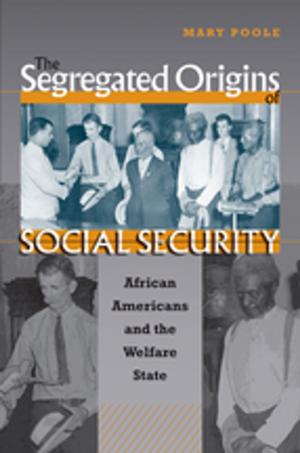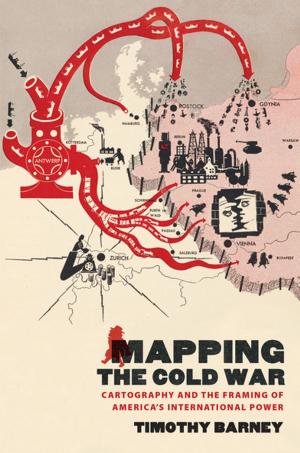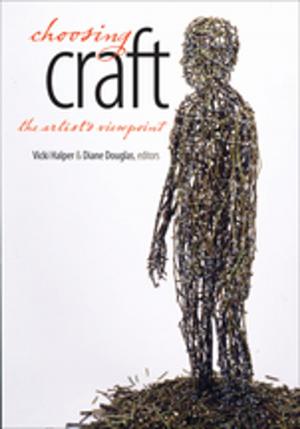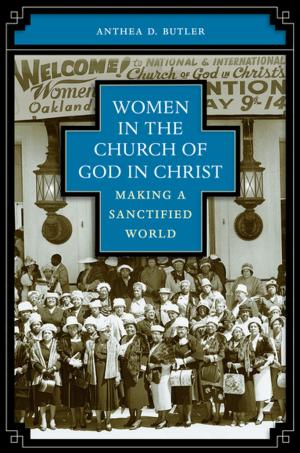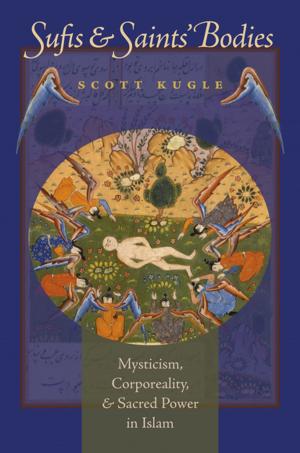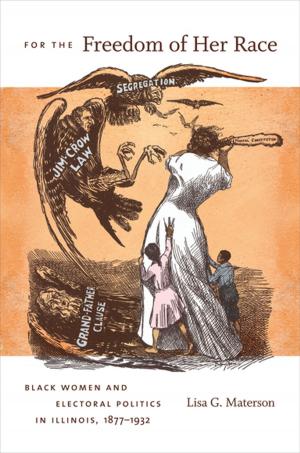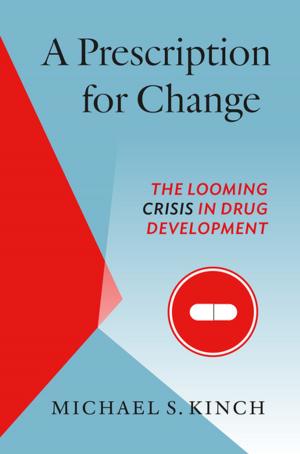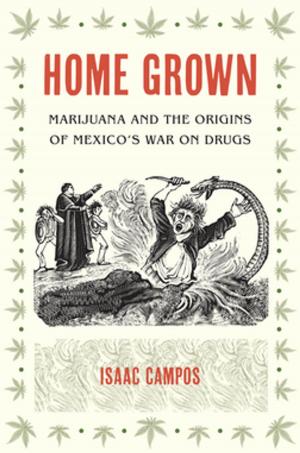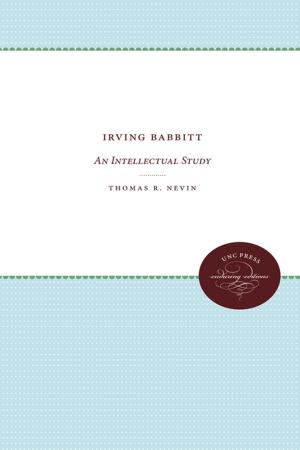Jim Crow Wisdom
Memory and Identity in Black America since 1940
Nonfiction, Social & Cultural Studies, Social Science, Cultural Studies, African-American Studies| Author: | Jonathan Scott Holloway | ISBN: | 9781469610719 |
| Publisher: | The University of North Carolina Press | Publication: | October 15, 2013 |
| Imprint: | The University of North Carolina Press | Language: | English |
| Author: | Jonathan Scott Holloway |
| ISBN: | 9781469610719 |
| Publisher: | The University of North Carolina Press |
| Publication: | October 15, 2013 |
| Imprint: | The University of North Carolina Press |
| Language: | English |
How do we balance the desire for tales of exceptional accomplishment with the need for painful doses of reality? How hard do we work to remember our past or to forget it? These are some of the questions that Jonathan Scott Holloway addresses in this exploration of race memory from the dawn of the modern civil rights era to the present. Relying on social science, documentary film, dance, popular literature, museums, memoir, and the tourism trade, Holloway explores the stories black Americans have told about their past and why these stories are vital to understanding a modern black identity. In the process, Holloway asks much larger questions about the value of history and facts when memories do violence to both.
Making discoveries about his own past while researching this book, Holloway weaves first-person and family memories into the traditional third-person historian's perspective. The result is a highly readable, rich, and deeply personal narrative that will be familiar to some, shocking to others, and thought-provoking to everyone.
How do we balance the desire for tales of exceptional accomplishment with the need for painful doses of reality? How hard do we work to remember our past or to forget it? These are some of the questions that Jonathan Scott Holloway addresses in this exploration of race memory from the dawn of the modern civil rights era to the present. Relying on social science, documentary film, dance, popular literature, museums, memoir, and the tourism trade, Holloway explores the stories black Americans have told about their past and why these stories are vital to understanding a modern black identity. In the process, Holloway asks much larger questions about the value of history and facts when memories do violence to both.
Making discoveries about his own past while researching this book, Holloway weaves first-person and family memories into the traditional third-person historian's perspective. The result is a highly readable, rich, and deeply personal narrative that will be familiar to some, shocking to others, and thought-provoking to everyone.

